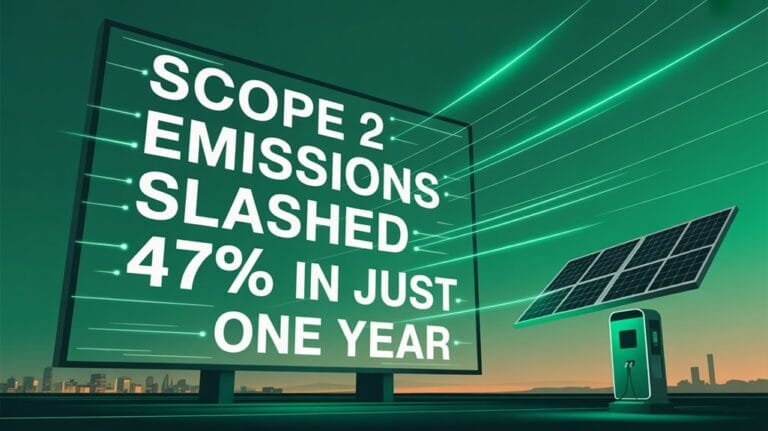Finlays has set ambitious sustainability goals for 2024. Within just one year, the company cut Scope 2 carbon emissions by 47 percent compared to 2023 and now buys 63 percent more renewable electricity than last year.
Wind and solar power now run every tea factory in Finlays Argentina, and new rooftop panels at the Colombo site cover 96 percent of daytime electricity.
100% renewable tea in Argentina; Colombo’s rooftop panels power 96% of daylight hours.
Waste reduction is also on track. By mid-2024 Finlays recycled, recovered, or reused 95 percent of all waste. Finlay Beverages sends nothing to landfill. The company’s commitment was further strengthened when it received SBTi approval for both near and long-term carbon reduction targets in 2024.
New data tools track garbage so every site can find more items to reuse. These efforts fit into a broader plan that has been approved by the Science Based Targets initiative for 50 percent cuts in Scope 1 and 2 emissions by 2030 and a net-zero target for 2040 that also includes Forestry, Land, and Agriculture sectors.
Supply chains are clearer, too. Every sip of made tea can now be traced back to the exact factory or mill.
Ninety-nine percent of green bean coffee and all green leaf tea reach back to the farmer. Traceability helps the company check deforestation, human rights, and the new EU rules that ban forest-linked products. Finlays says its sourcing is now deforestation-free.
Human rights work also advanced. Finlays joined the UN Global Compact and teams up with local communities and global partners to lower risks.
Sustainability reports are published openly, and CDP bumped the firm’s climate score from C to B in 2024.
Finlays has also expanded its use of shadow carbon pricing across all capital projects, assigning an internal cost of $100 per tonne of CO₂e to guide low-carbon investment decisions.

